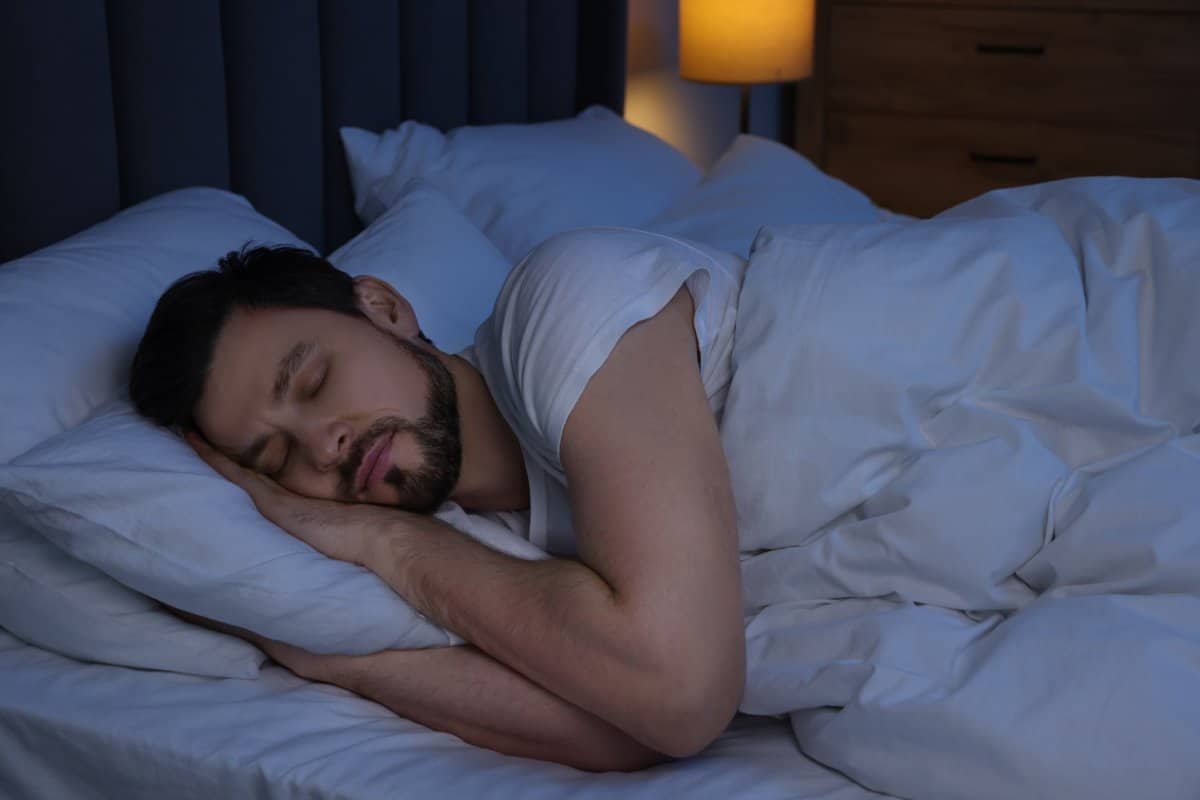Testosterone replacement therapy (TRT) for anxiety may not be a well-known treatment option, but evidence suggests that it can provide significant relief for those struggling with anxiety symptoms as a result of low testosterone levels. If hormone imbalance is the cause of your distress, hormone rebalancing may be the solution.
Many people do not find relief with first and second-line anxiety treatments, often leaving them feeling adrift. In some cases, treatments such as SSRIs and benzodiazepines also cause undesirable side effects — and may even present significant health risks. What’s more, if an individual’s anxiety is linked to low testosterone, none of the typical treatments will address the underlying cause.
Testosterone plays a critical role in both physical and emotional health. While loss of muscle mass and sexual desire may be some of the most well-known symptoms of low testosterone, low T can also increase feelings of anxiety and anxiety symptoms. Researchers have found that hypogonadal men taking testosterone replacement therapy (TRT) see a significant decrease in anxiety. While part of this improvement may be due to the resolution of other symptoms—including depression and sexual dysfunction—testosterone is also believed to impact anxiety levels independent of other factors—and the effects aren’t restricted to men.
In 2017, a research team from the University of Texas at Austin explored the fear-reducing properties of testosterone therapy. According to their data, “testosterone reactivity is associated with benefits during social challenges, such as increased self-efficacy, persistence, enhanced learning, and better performance.” But while testosterone can produce powerful anxiety-relieving effects regardless of sex, the degree of benefit may vary between men and women due to different numbers of testosterone receptors.
Is Testosterone Replacement Therapy for Anxiety Right for You?
Whether you have tried anxiety treatment options to no avail or you are just getting started exploring the possibilities for healing, a compassionate practitioner at Mantality can help you to consider your next steps. If there is a chance you may have low testosterone, a hormone practitioner can work with your psychiatrist to determine the most effective all-around treatment plan.
Hormone tests are necessary to determine whether your testosterone levels are out of balance and may allow you to put related symptoms into context. If insufficient levels of testosterone are negatively affecting your psychiatric state, then it’s reasonable to expect that rebalancing the hormone levels will help restore your sense of emotional well-being. However, a comprehensive treatment plan is important—even if your anxiety is entirely attributable to low testosterone, establishing healthy patterns of thought and behavior can require additional supports beyond TRT.
When you are struggling against anxiety symptoms, it can be hard to know the next best steps forward for your wellness. In fact, you may experience significant internal barriers to even starting the healing process.
We’re different at Mantality Health because we monitor treatment and are honest with your results all while pairing that to your goals to make sure you’re getting everything you wanted out of treatment. The first step toward diagnosing and treating low testosterone –or any other hormone imbalance– is simple. Give us a call. We specialize in hormone health. Let us be your guide along throughout your journey.





